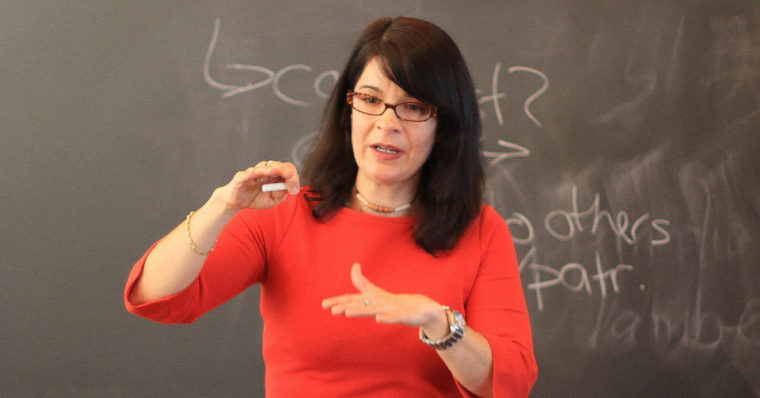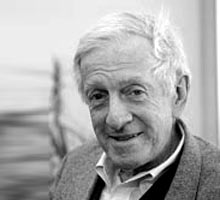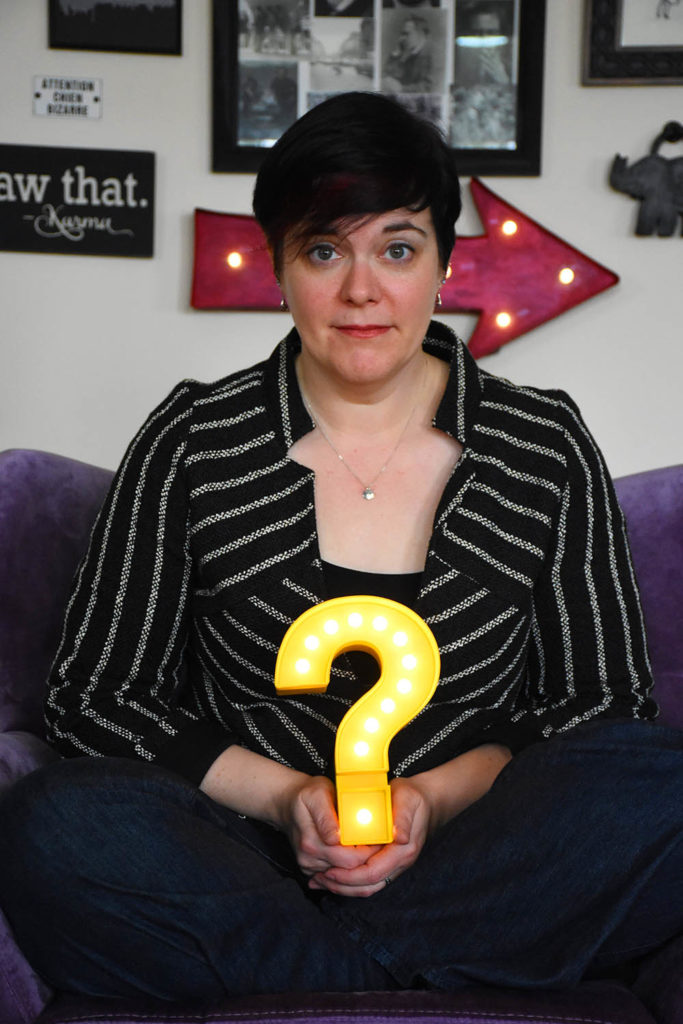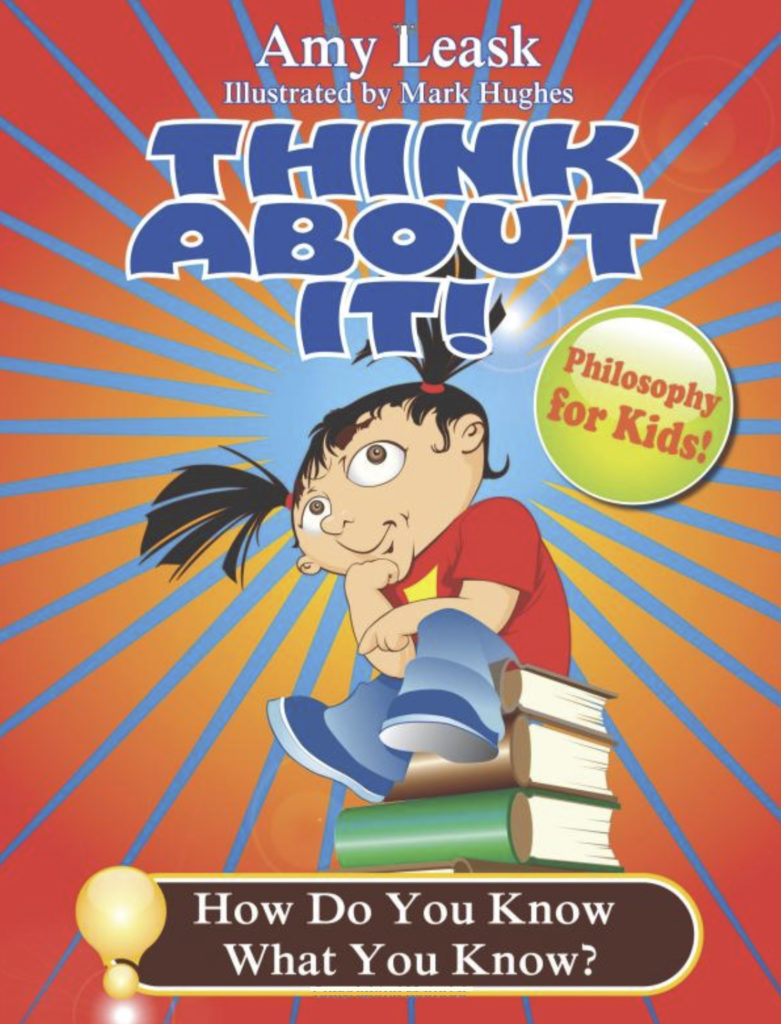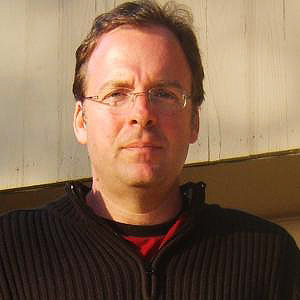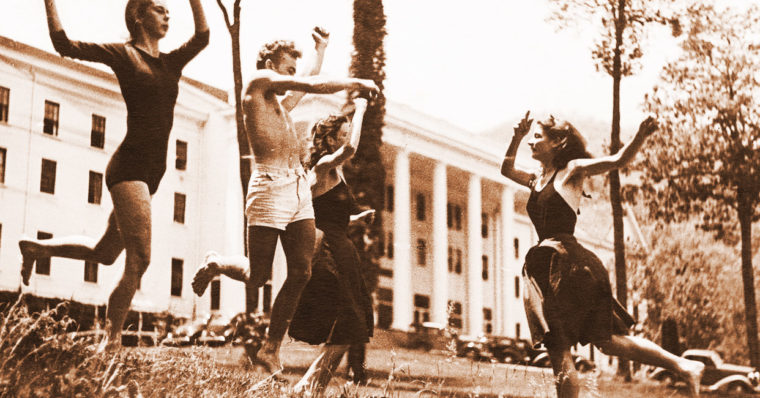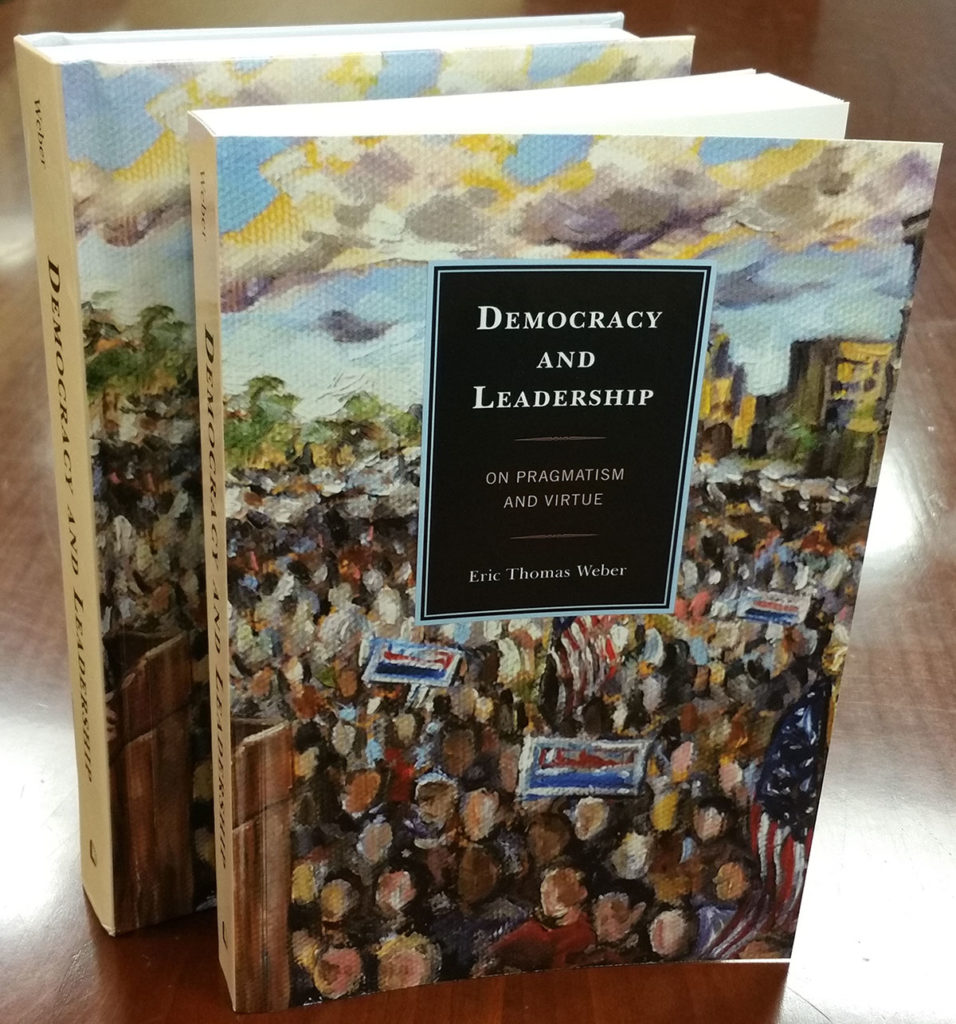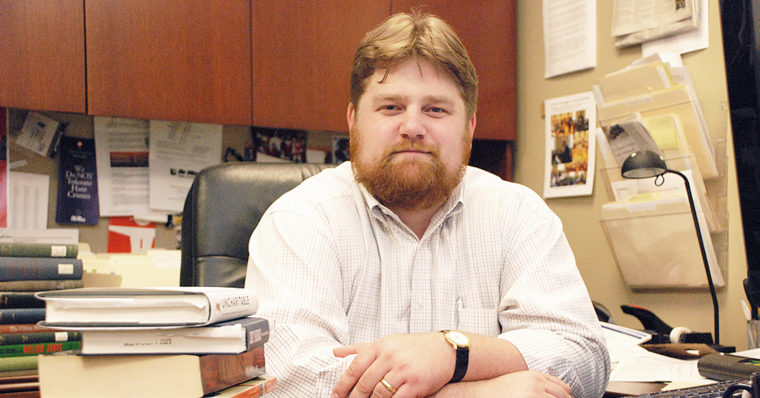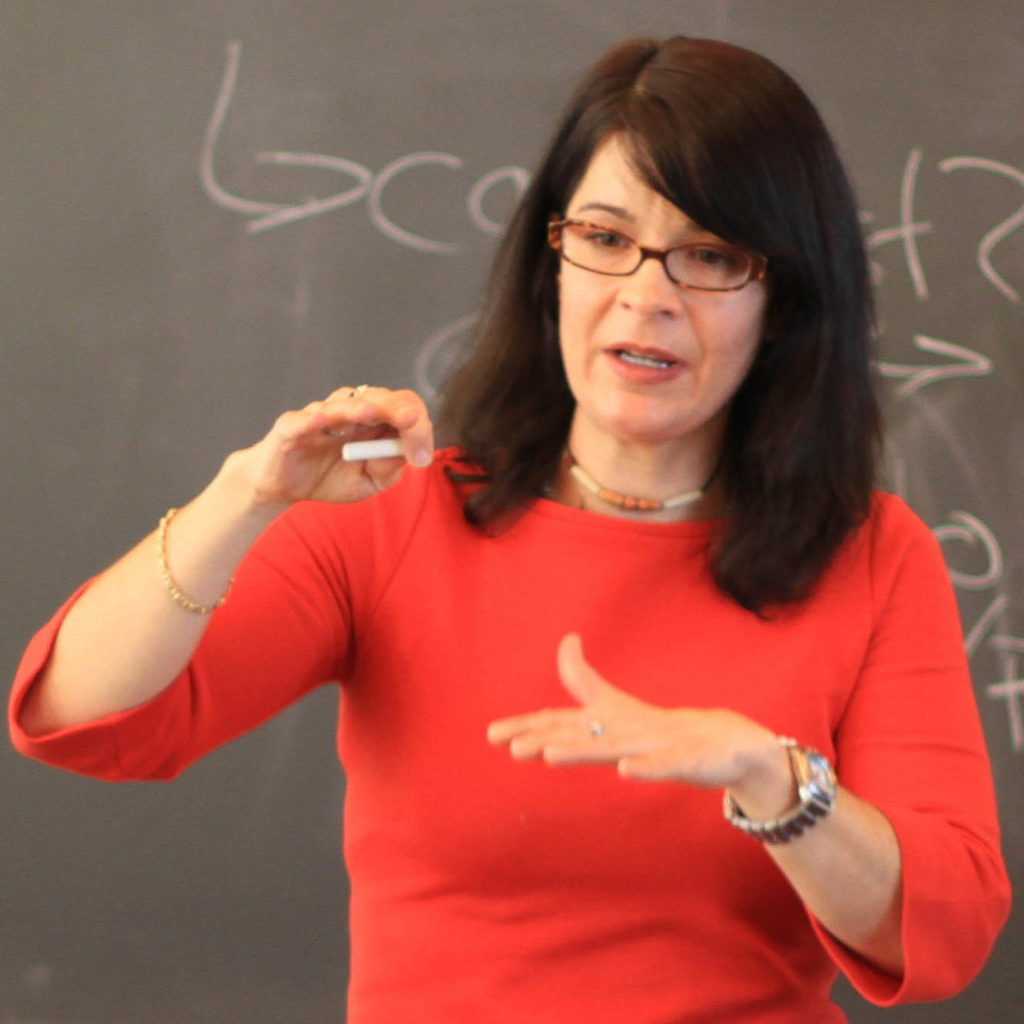
In addition to being chair of the Philosophy department at Wittenberg University in Springfield, Ohio, Nancy also teaches in the Inside Out Prison Exchange Program, which is some of the background that helps to understand her answer to the question of how to read philosophy. Her most recent book is titled The Limits of Knowledge: Generating Pragmatist Feminist Cases for Situated Knowing (SUNY Press, 2016).
As always, you can reach out to us on Facebook @PhilosophyBakesBread and on Twitter @PhilosophyBB; email us at philosophybakesbread@gmail.com; or call and record a voicemail that we may play on the show, at 859.257.1849. Philosophy Bakes Bread is a production of the Society of Philosophers in America (SOPHIA). Check us out online at PhilosophyBakesBread.com and check out SOPHIA at PhilosophersInAmerica.com.
(12 mins)
Click here for a list of all the episodes of Philosophy Bakes Bread.
Subscribe to the podcast!
We’re on iTunes and Google Play, and we’ve got a regular RSS feed too!
Notes
- Episode 47 of the show, in which Dr. McHugh was our guest for a full-length episode.
- The Inside Out Prison Exchange Program.
- A YouTube video about punching down dough, yes, really.
Let us know what you think via Twitter, Facebook, Email, or by commenting here below!






